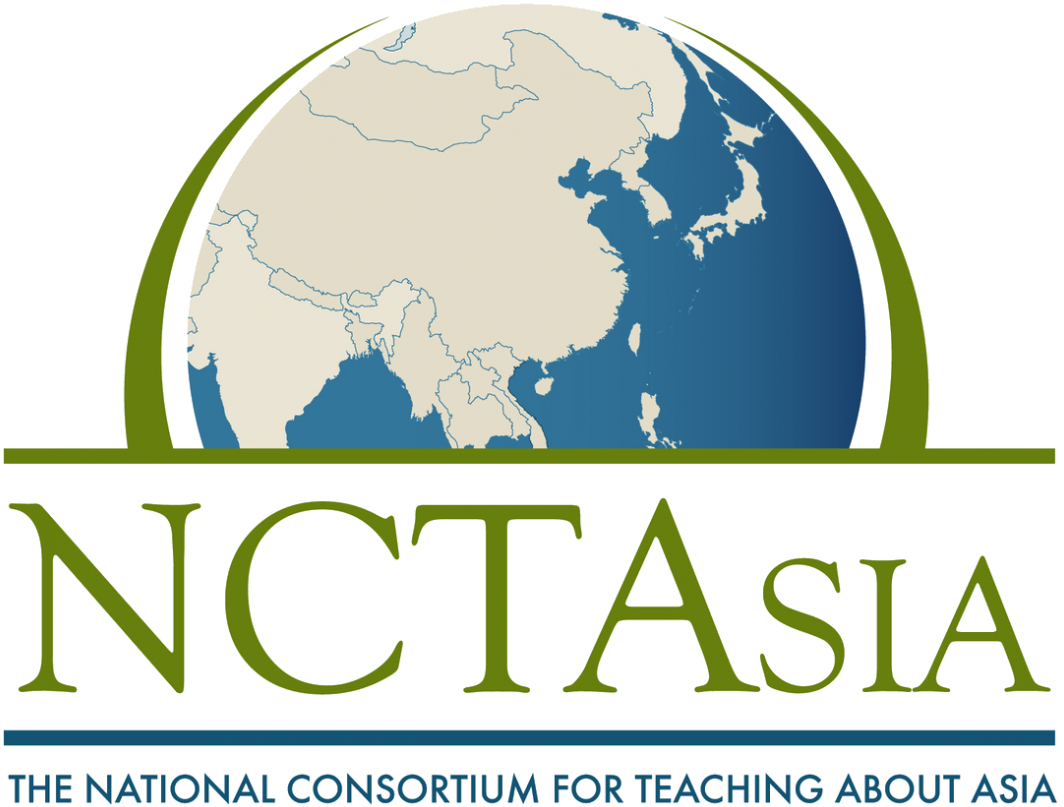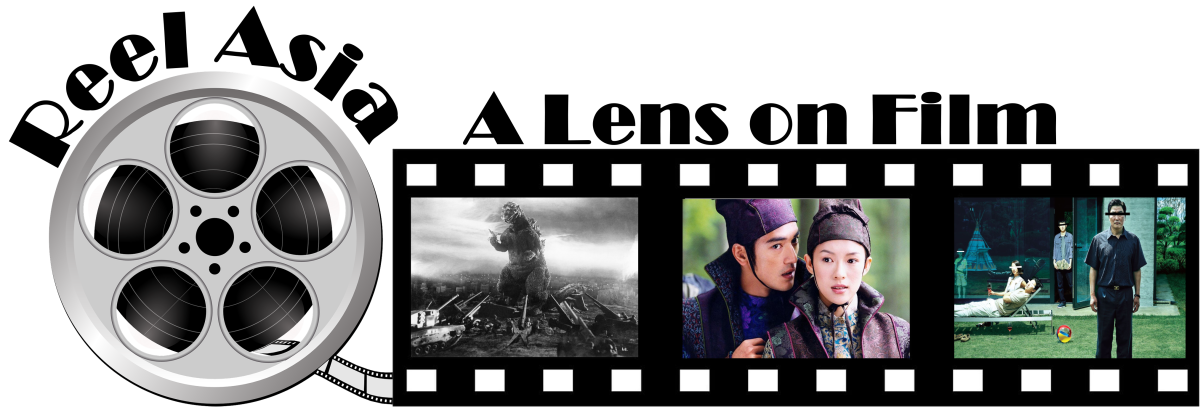
Saturdays, June 7 & 14, 2025
9:00am - 12:00pm (Eastern Time)
Online via Zoom
'Reel' Asia: A Lens on Film examines movies from Japan, South Korea, and the PRC—from classics like Rashomon and Godzilla to more contemporary productions. Join us for presentations with four noted East Asian scholars who will talk about East Asian films and the use of Asian movies in the K-12 classroom. Registrants who satisfactorily complete all requirements for this mini-course will receive complimentary books authored by two of our speakers, Professors Paul Anderer's Kurosawa's Rashomon and William Tsutsui's Godzilla on My Mind.
Participants who attend both sessions in full and develop a new lesson plan will receive the two complimentary books. All participants who attend both sessions in full will receive Certificates of Completion for 6 hours of PD.
Learn More About Our Speakers and Topics
Course Facilitators:
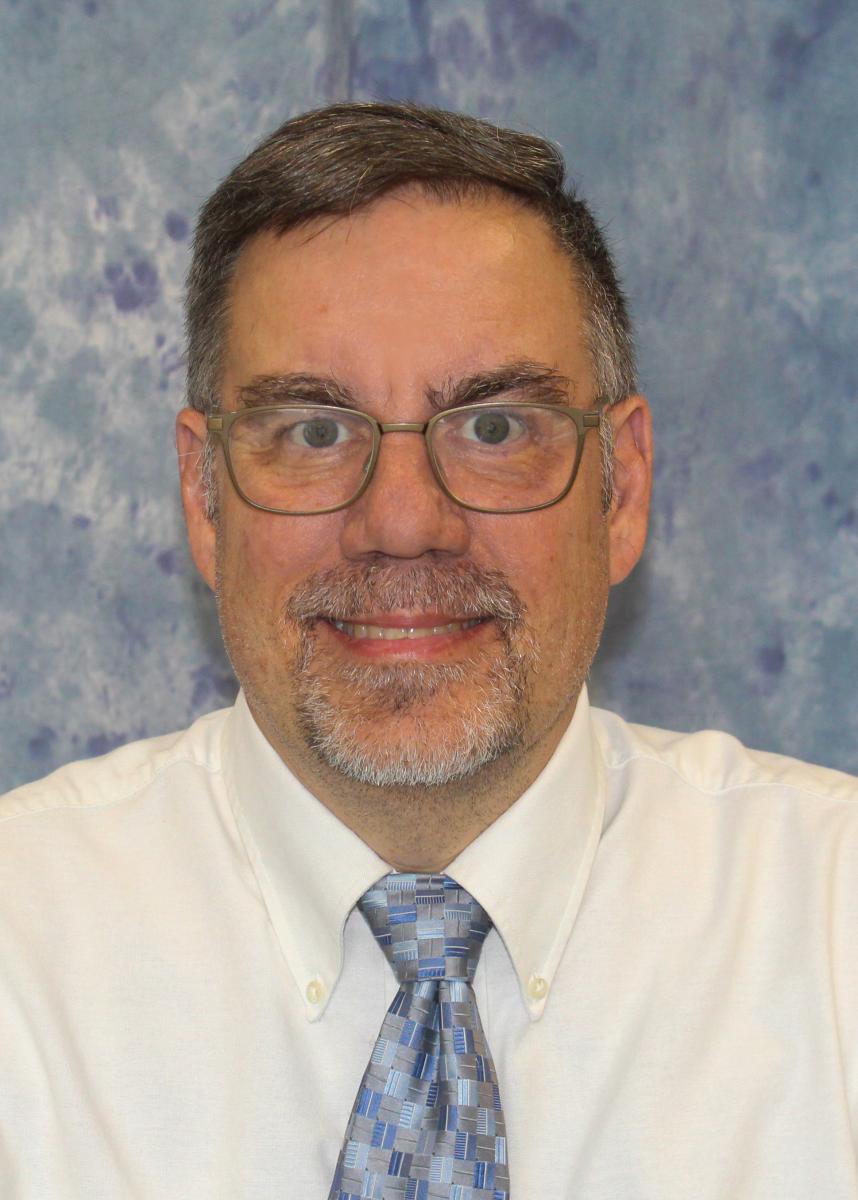
Dr. David Gordon
Dr. Gordon has been teaching East Asian history at Shepherd University for 25 years. He completed his bachelor's degree at Indiana University and his PhD (in modern Japanese history) at the University of Hawaii. Since then, he has created and taught a variety of Asia-themed courses and published Sun Yatsen: Seeking a Newer China. His spouse is from Wuhan, China and he taught as a visiting professor in Fall 2019 at Nanhua University in Taiwan. Along with publishing articles in Education About Asia, he has been active in leading and co-leading NCTA seminars and mini-courses since 2017.
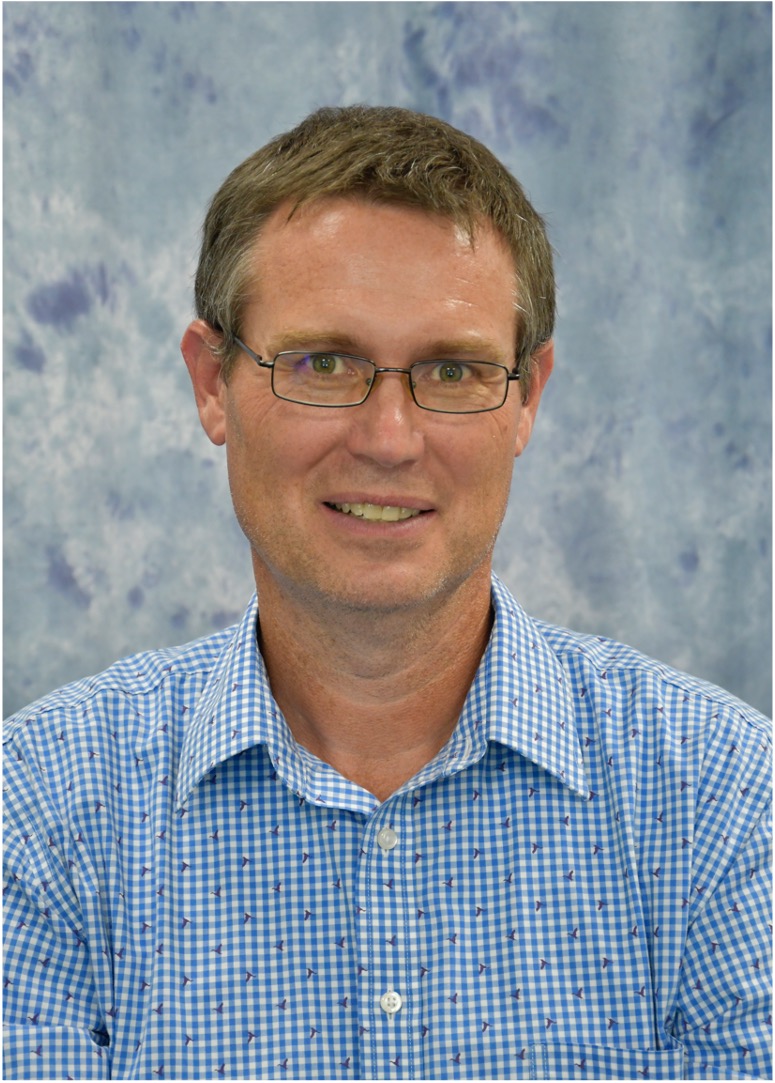
Dr. Jason Allen
Dr. Allen has been working in the field of education for over 20years in the area of social studies education. He completed his doctoral and master’s degrees from West Virginia University and a bachelor's degree from Shepherd University. Dr. Allen has presented inquiry-based strategies at numerous conferences on content such as “Slam Dunk! Using Sports Sources to Teach Political Topics,” “More Than Meets the Eye: The Cold War,” “Weaving a Historical Inquiry: Using the Bayeux Tapestry as a Classroom Inquiry,” and “A Classroom Renaissance: Integrating the Arts and Social Studies.” Dr. Allen has recently written about the HIPPO approach to inquiry instruction in the lesson plan series. Currently, Dr. Allen is an Associate Professor of Education at Shepherd University serving as the Coordinator of Social Studies Education.
June 7, 2025 Speakers
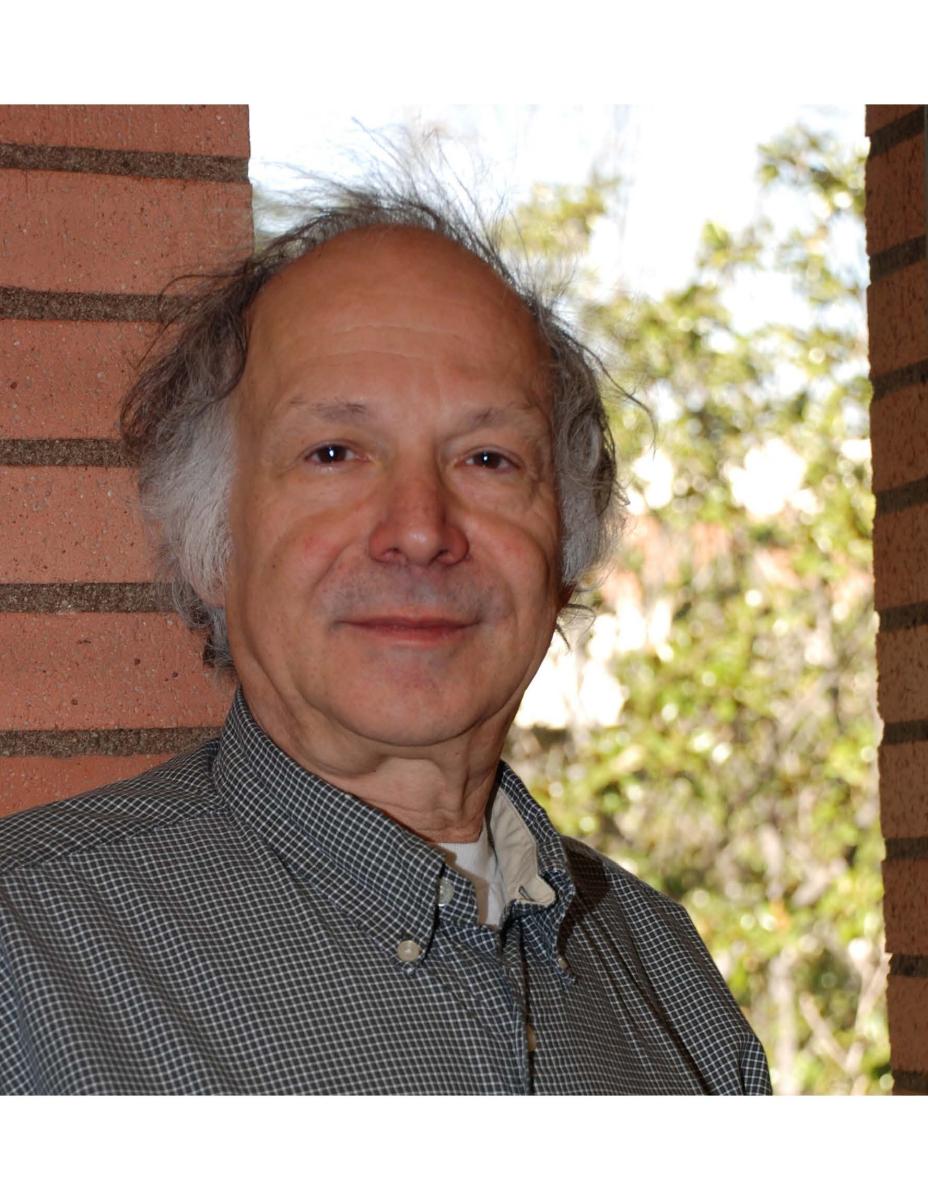
Using Feature Films To Study Chinese Politics, Ideology, Economics, Society and Cultural Change in China
Dr. Stanley Rosen, Professor of Political Science and International Relations, University of Southern California
Dr. Rosen will provide a one-page handout to introduce the film clips and start off with a lecture on how the film clips allow us to understand the changes. The film clips begin with the 1949 film "Crows and Sparrows," made under the Nationalist regime and released after the Communists took over in 1949. I will show clips from other films, including "Blind Shaft" (2003), "Breaking with Old Ideas" (1975), "Morning Sun" (a documentary from 2003), "Farewell My Concubine" (1993), and "The Trouble Shooters" (1988). I will also briefly discuss films being made today in comparison to the earlier films, and why films are seldom able to deviate from the state-sanctioned narrative and still get released in China.
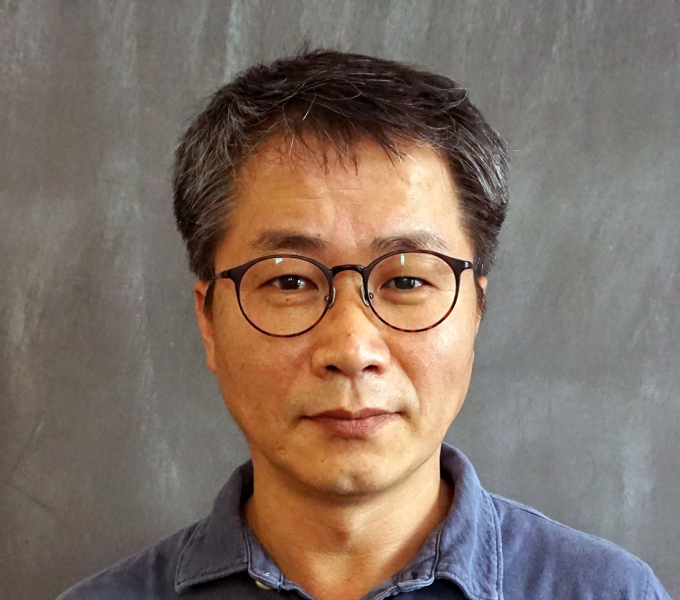 The Monster in Us: Bong Joon-ho's The Host (2006) and Genre Reinvention
The Monster in Us: Bong Joon-ho's The Host (2006) and Genre Reinvention
Dr. Seung-hwan Shin, Associate Professor of Korean Studies, University of Pittsburgh
Over the past two decades, Korean cinema has captured global attention. How has it managed to resonate with a wide range of audience in the world? Why should it matter to us? This course explores these questions by examining Bong Joon-ho’s sci-fi creature film, The Host, and delving into the ingenious and often provocative ways in which Korean filmmakers have drawn on the language of popular cinema for serious reflection on political and economic issues. By investigating the fusion of genre imagination and social critique as a defining feature of contemporary Korean cinema, this course also aims to provide some insights into how such films can be effectively used in educational settings.
June 14, 2025 Speakers
 Godzilla and Japan: Hiroshima, Fukushima, COVID-19, and Beyond
Godzilla and Japan: Hiroshima, Fukushima, COVID-19, and Beyond
Dr. William Tsutsui, Chancellor and Professor of History, Ottawa University (Ottawa, Kansas)
Since Godzilla's first appearance 70 years ago in the classic film Gojira, the King of the Monsters has become a cinematic icon and a globally recognized symbol of Japan. But what can a giant, fire-breathing movie monster tell us about Japanese culture and Japan's national experience from the mushroom clouds of 1945 through our current moment of tumultuous global change? Ranging over issues from nuclear trauma to international relations, natural disasters to the politics of memory, this session will explore how the 35 live-action Godzilla films can help us understand Japan’s historical, social, and economic trajectory since World War II.
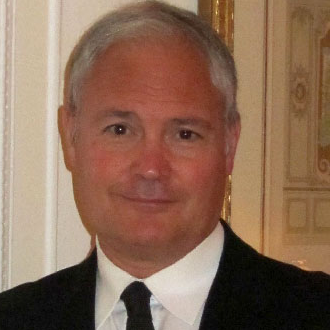 Kurosawa's Rashomon - (Tracking Truth in a Forest of Lies)
Kurosawa's Rashomon - (Tracking Truth in a Forest of Lies)
Dr. Paul Anderer, Professor Emeritus of Humanities, East Asian Languages, and Cultures, Columbia University
Among the most famous of all filmmakers of the 20th century, Kurosawa's work is epic in its range and impact. Rashomon, a period film he made in 1950, was the first to be heralded internationally. How did this strange period film (the setting seemingly is the late 12th century), featuring a woodcutter and a Buddhist monk, taking shelter from rain under a ruined gate, who serially retell what they have seen or heard at a recent trial about crimes committed in a nearby forest, have such an impact? The witness accounts, after all contradict each other, each one offering a different take on who did the killing, or violated the woman. These confusions may tempt us to conclude that Kurosawa is telling us a story about the relativity of truth ("he said, she said..."). Or does his Rashomon, instead, give us a chance to find truth amid the ruins? Does it celebrate, too, our capacity to recover beauty and renewed connections to the world in the aftermath of war and traumatic loss?

